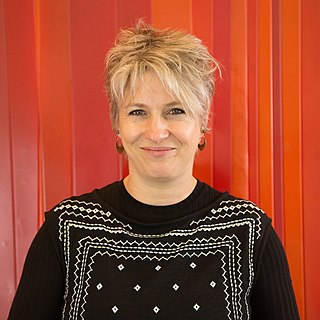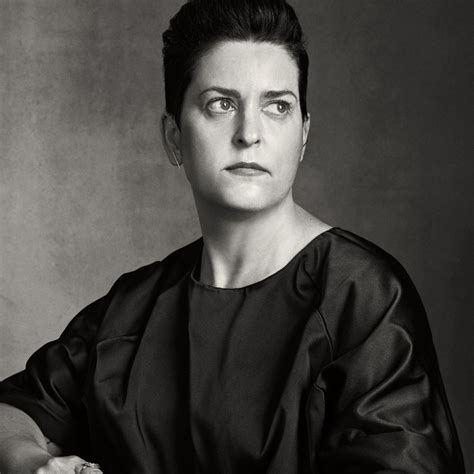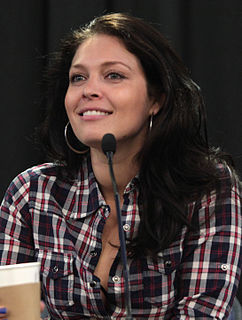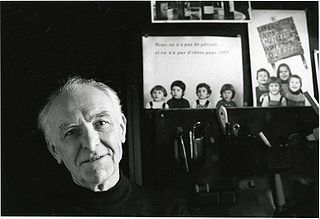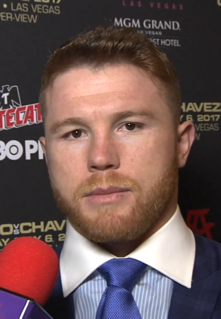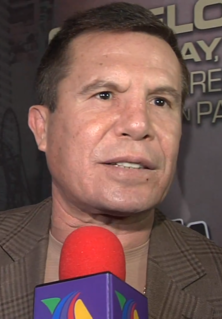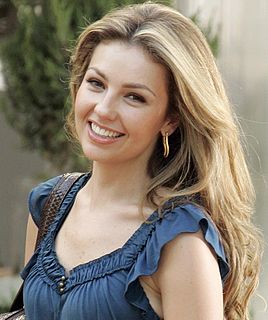A Quote by Maya Goded
My biggest challenge was moving from photography to film without losing my way of working - which is very intimate and learning to collaborate with more people, since photography for me is a very solitary process.
Related Quotes
I collect art on a very modest scale. Most of what I have is photography because I just love it and it makes me happy and it looks good in my home. I also have a pretty big collection of art books mainly, again, on photography. A lot of photography monographs, which is great because with photography, the art itself can be reproduced quite well in book form.
I left film because I felt that photography was my art. It was something I could do on my own, whereas film was so collaborative. I thought as a photographer I could make something that was artistic and that was mine, and I liked that. And it wasn't until I got back into film and I have very small crews and I could do very tiny filmmaking that wasn't 100 people that I still felt that I was making something artistic as a filmmaker. So, you know, I'm an artist, and whether it's photography or film, I want my voice to be there and I think my voice is very strong in this film.
Photography's relationship with pornography is as old as photography. That kind of unholy relationship is formed from the very beginning, and there's a reason why: it's thoroughly enjoyable to be that voyeuristic. Voyeurism is a very old modality, and most of the history of photography is in some way related voyeurism.
Photography for me has been tremendously good, because I'm not a very sociable person. I'm happy reading or sitting in the library or going for walks. So photography has brought me in contact with people and made me understand people in a way that I probably wouldn't have done if I hadn't been a photographer. And so I'm grateful for that, really.
I think one of the aspects of photography that remains for me is I find the process still frustrating. The counter to that is that it's still very exciting. If you didn't have the frustration, you wouldn't have the excitement. If you didn't have the disappointment, you wouldn't have the magical intoxication of this process working.
Photography today is accomplishing a lofty mission in which every German should collaborate by buying a camera. The German people is ahead of every other in the technical domain and, thanks to its exceptional qualities, the small camera has conquered the whole world... Much is at stake here from the point of view of popular consumer goods and, furthermore, photography has a particularly important political role to play. (Addressing the Berlin Photography Fair, 1933)
I chose makeup over photography because there was something very sensual about makeup that I loved. But photography was always in the back of my mind. That was always something that I was very connected with: looking at magazines, enjoying photography, and then taking pictures myself when I was a kid.
